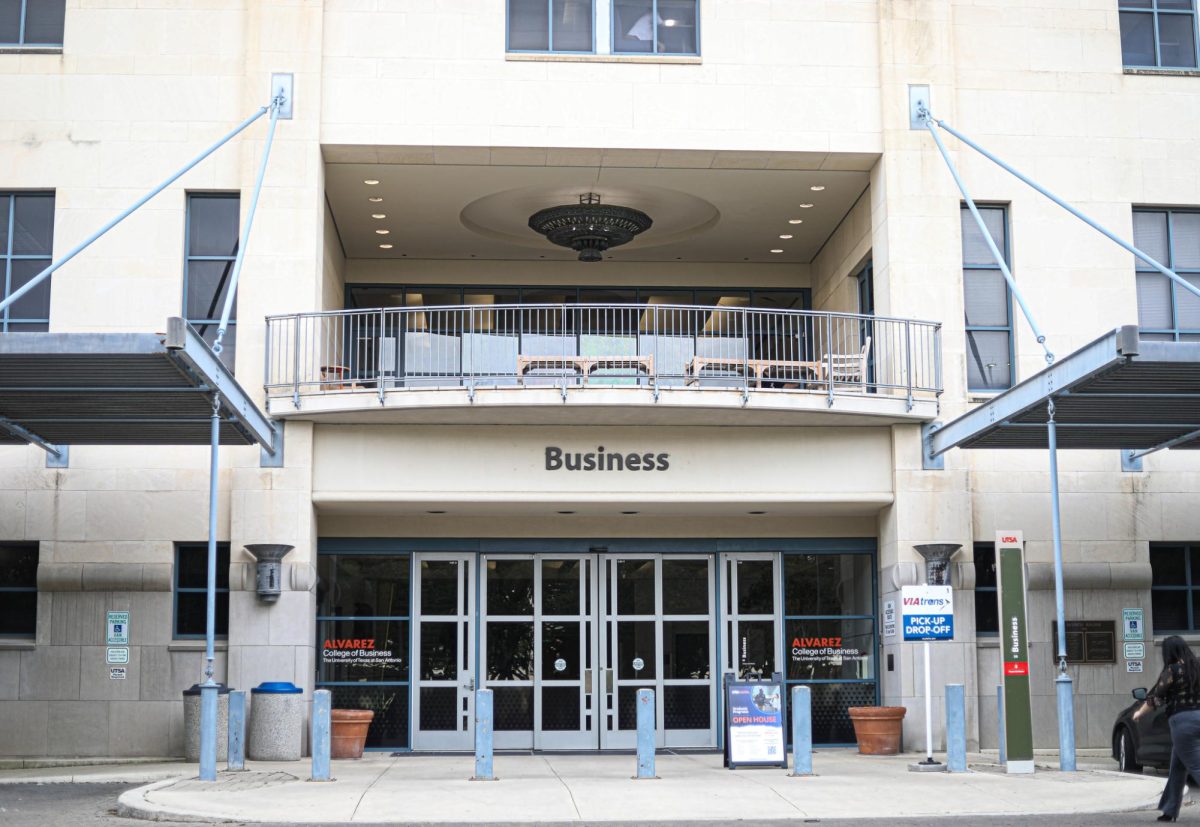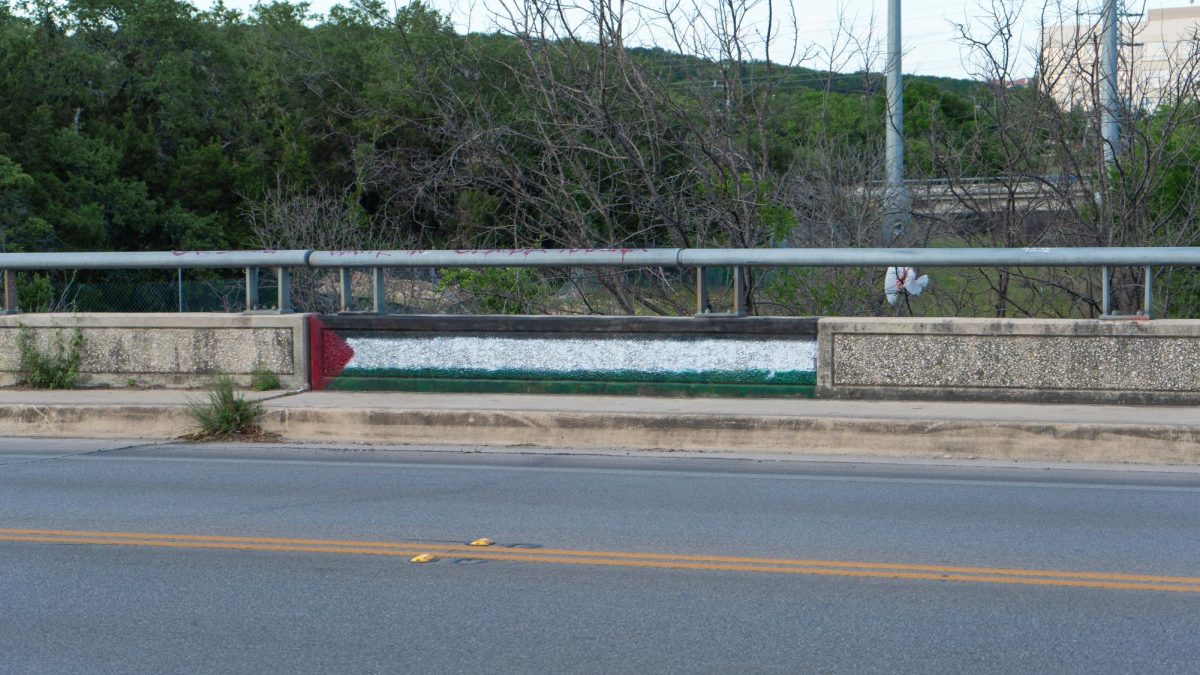The Collegiate Recovery Program is a new program at UTSA that offers assistance to anyone trying to recover from an addiction.
According to the assistant director, Jennifer Cervi, attendees of weekly meetings include those struggling with drug and alcohol addiction, eating disorders and self-mutilation. “There’s a little bit of everything,” she explained.
Cervi, who has a master’s degree in social work from the University of Michigan, knows from personal experience how difficult recovery can be.
Although she has been happily sober since 2006, she once struggled with methamphetamine abuse.
“A part of my story,” she explained, “was that it took me 10 years to get a bachelor’s degree; I went through three universities and countless treatment centers.”
She emphasized that an important part of her journey was learning how to be academically successful while simultaneously being successful in her recovery.
Upon her acceptance to the University of Michigan, she looked for a school- sponsored recovery program only to discover that there was not one.
“I found it really challenging. It was very isolating because (a university) is a very hostile culture for sobriety,” recalled Cervi.
It was during her search for help that she came across the Collegiate Recovery Program system. “I took it upon myself to bring Collegiate Recovery to the University of Michigan, and I did that while working on my masters.” The experience inspired Cervi to dedicate her professional career to helping others recover from any form of addiction.
Having already fostered the creation of a program at the University of Michigan, she was a prime candidate for creating a program at UTSA after the UT System was granted $1 million to establish recovery programs on each of their campuses last year. She explained that this program is the first of its kind to be established at UTSA.
These programs are not cookie-cutter establishments, she explained. “UTSA made it apparent to me in the beginning that they wanted me to establish a program based on the needs of the UTSA culture.” She emphasized that the program is catered specifically to the needs of the students at UTSA, through “an umbrella of services.”
“They’re voluntary programs… You can participate in as many or as little as you want,” Cervi stated.
Some of the services offered are individual case management, specialized housing for those in recovery, a registered student organization, recovery meetings, therapy and an appellate process for students who have been expelled by the university due to drug charges and who have since worked towards recovery.
Cervi reports that students who are actively participating in the program are “accountable, reliable, follow through on their word and are attending classes on a regular basis.” She believes the reason for the success of the flowering program is that it offers a safe haven from the outside world where those in recovery can speak freely about their issues.
According to a participant in the program who asked that her name not be used, it is a safe haven for her to speak freely about her problem with eating disorders.
She described the meetings as a time and place without judgment or criticism. Individuals are praised for their progress and successes.
“We support each other,” she explained, “no one single person carries the group.”
“No one should be afraid to ask for help. It’s not a sign of weakness; it is a sign of strength. It gets harder before it gets easier, but recovery is something worth working for.”
Students interested in the program can attend an Open Recovery meeting every Tuesday from 6:30 p.m. to 7:30 p.m. at the UTSA Counseling Center RWC 1.808. AA, NA, CA, ED members and all others are welcome to join.







